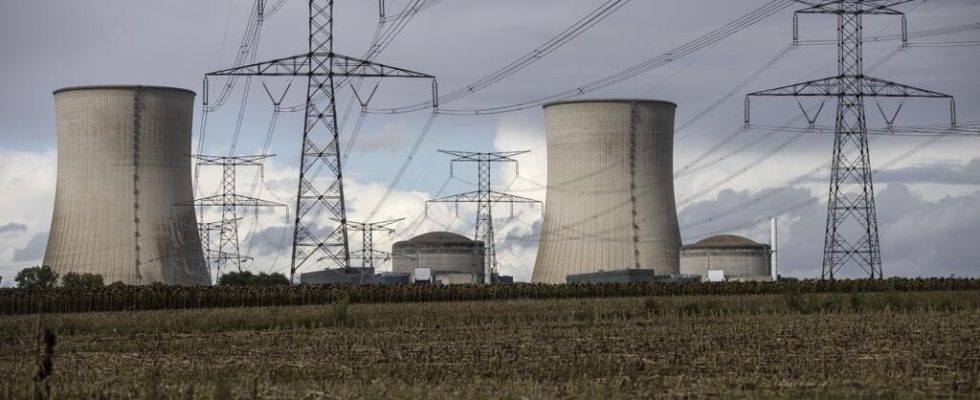Negotiations lasted all night. Early this Thursday, December 14, Europeans agreed on a long-awaited reform of the electricity market. Deciphering the issues, winners and losers of this agreement.
1 min
This agreement had two objectives: to stabilize prices for consumers and to promote the development of clean energy. It was also necessary to reduce the growing divide between countries like Germany which are still very dependent on fossil fuels and those like Spain or France which are less so thanks to renewable or nuclear power. With the current system which promotes the interconnection of the continent, these countries were indirectly affected by the rise in prices caused by the war in Ukraine and the sanctions targeting Russian gas. This increase became a source of tension.
Encourage the private sector to invest in carbon-free energies
To stabilize energy prices, this new agreement plans to smooth them with longer-term contracts. There will therefore be less fluctuation from one year to the next for households and businesses.
But for this to work, electricity must still be produced. The agreement will therefore encourage the private sector to invest in carbon-free energies with prices guaranteed by the States. Carbon-free energies by green energies, that means renewable, but also nuclear. And it is a major victory for France, which has not held back from making it known.
The electricity market today operates on a half-hour scale, so for each half hour, we have a price. We need, technically, to have this reactivity of the market, but at the same time, we had perhaps put aside a little the fact that we also need to have a form of stability, of predictability. And so, the reform introduces these medium to long term elements, so the fact of being able to have framework contracts, that is to say that it protects the final consumer of electricity who will not be hit hard, as we saw last year, increases in electricity prices cannot be ruled out in the years to come. This will help smooth out price peaks which can be very costly for the end consumer.
Anna Creti, professor of economics at Paris Dauphine University
